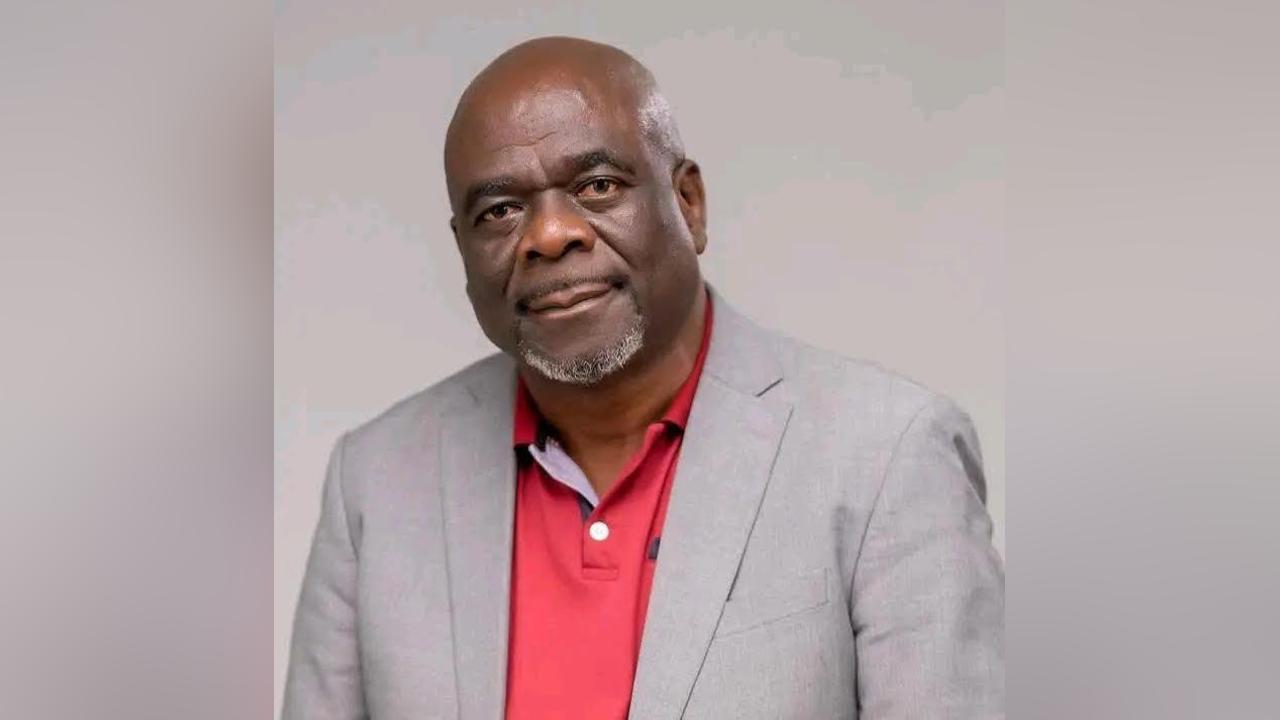Africa-Press – Malawi. _An analysis of past political support and unfinished projects in Malawi_
According to Newton Kambala, in 2020, he did not wish to support the Democratic Progressive Party (DPP).
He also admitted to having assisted in organizing and sponsoring various demonstrations during that period.
However, he argued that the DPP, despite its challenges, was in many ways better than the short-lived government of the Malawi Congress Party (MCP) that followed.
Kambala expressed regret over his involvement, questioning the effectiveness of the actions he had supported at the time.
He highlighted that the broader concepts behind the demonstrations and protests had long been outdated, except for one individual.
Kambala noted that he was unaware of any project initiated solely by the MCP during its tenure.
He emphasized that, in his view, the MCP had not successfully implemented any meaningful projects during its time in government.
This reflection provides a rare insider perspective on political engagement, personal responsibility, and the evaluation of governance performance in Malawi.
Kambala’s statements suggest a need for citizens and political actors alike to critically assess the long-term impact of protests and political activism.
He cautioned against uncritical support for political parties, urging consideration of governance records and tangible achievements.
The remarks also serve as a commentary on the political environment in Malawi, where decisions made during election periods can have lasting consequences.
Kambala’s reflection implicitly critiques both political strategy and government execution, highlighting gaps between political promises and actual outcomes.
His observations resonate with citizens who have felt disillusioned by rapid changes in government and unmet expectations from elected officials.
The discussion around past support and subsequent regret underscores the complexity of political participation in Malawi.
It raises important questions about accountability, project implementation, and the effectiveness of government policies.
By sharing his experience publicly, Kambala encourages dialogue on how political engagement should be informed by evidence, governance performance, and civic responsibility.
His reflections also remind political leaders of the importance of delivering on promises and maintaining public trust.
In essence, Kambala’s candid analysis provides a cautionary tale about the intersection of political activism, party support, and government performance.
It challenges both citizens and politicians to reflect on past actions and decisions to improve governance and accountability in the future.
For More News And Analysis About Malawi Follow Africa-Press






